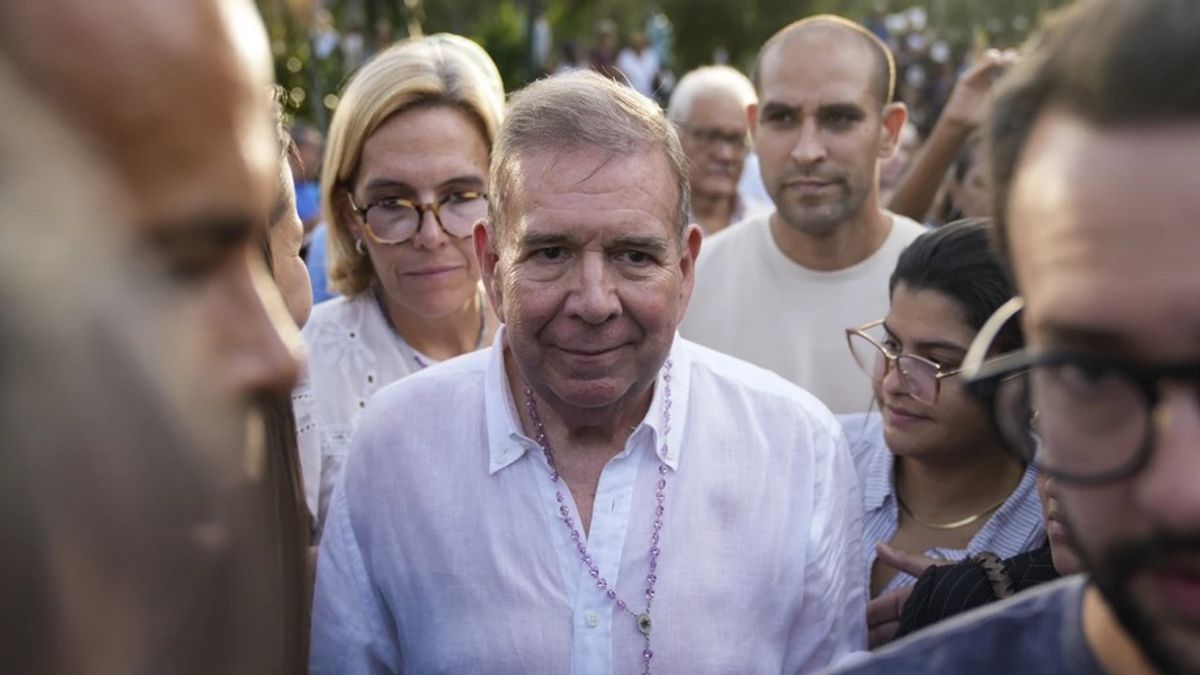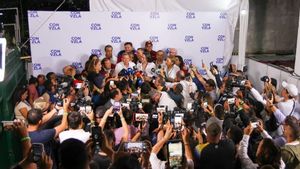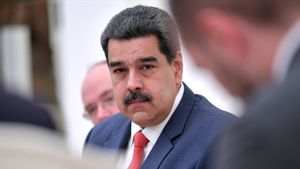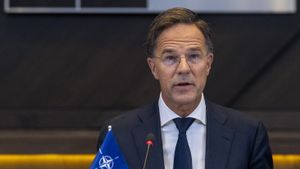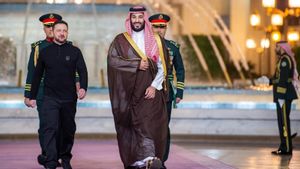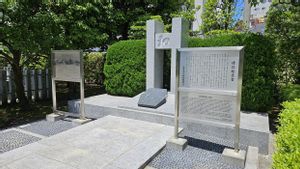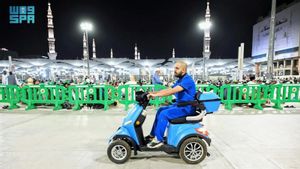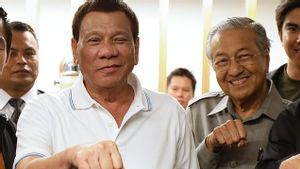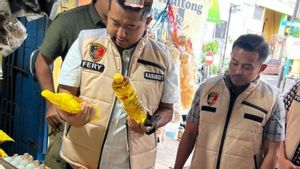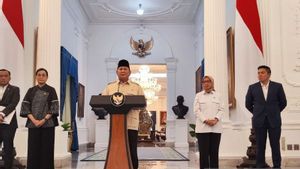JAKARTA - Signs of widespread election fraud in Venezuela and the regime's futile efforts to cover it up have continued since Election Day
At 10 and 11 p.m. on July 28, a television broadcast announced that Venezuela's election authority would soon hold a press conference to deliver the announcement of its first results. It was clear that Juan Chancellor Carlos Delpino, a candidate for Acci totaling Democracy for CNE in 2023, was not present. However, Aimé Nogal Mernez, another rector representing opposition and former militan Un Nuevo Tiempo who is an expert in elections, was present. When the press conference began, Nogal sat to the right of Carlos Quintero, chavismo's technical-electoral mastermind, who had organized behind-the-scenes election operations over the past 20 years.
At the time, anxiety had gripped the nation. Despite facing various challenges, Venezuelans continued to vote in large numbers, with polling stations scheduled to close at 6pm unless voters were still queuing.
SEE ALSO:
However, in some areas, Plan Rep.engublica officials refused to provide vote count results to opposition witnesses and continued to open polling stations in low-income environments, in the hope that there would be an unprecedented spike in the sound of chavista. This is the first unpleasant sign of what will happen that night.
Reporting from the Caracas CHronicle, at 9 p.m., top officials told the Delpino Chancellor that CNE was being hacked, a claim then used to justify sending the results of the polling stations to CNE that were very slow only 58% of the usual speed. At 9:27 p.m., Héctor Rodrmenguez, the eternal golden son of the ruling party, stated that peace had materialized in Venezuela and announced plans to celebrate at Miraflores. Shortly thereafter, Defense Minister Vladimir Pvarino L Marijuz delivered a speech congratulating the public for voting against international sanctions.
However, fraud on July 28 did not begin with the declaration of Amoroso or the status of terror imposed on the following day. It started a year earlier when the government forced the resignation of the previous CNE council, which was appointed in 2021 after negotiations with opposition elements. Instead of Pedro Calzadilla, a champion chavista historian who is lawmaker, the regime put Amoroso at the helm of the CNE, confident that the person who has disqualified total Corina Machado and other opposition leaders from the nomination will oversee the biggest election scam in Latin America this century. Knowing that Amoroso has no expertise in the electoral process, the regime for the first time appointed Quintero among CNE's five leading members, who have now uncovered it as the main architect of the scam.
This is a story about how they have tried to replace the widely known fact thatlongo Gonztenglez won a landslide with lies, fakes they can only maintain through state violence and armed forces support. Despite their hard work, they have left many traces of mistakes that can be seen by organized citizens and the vast community of observers.
The English, Chinese, Japanese, Arabic, and French versions are automatically generated by the AI. So there may still be inaccuracies in translating, please always see Indonesian as our main language. (system supported by DigitalSiber.id)
